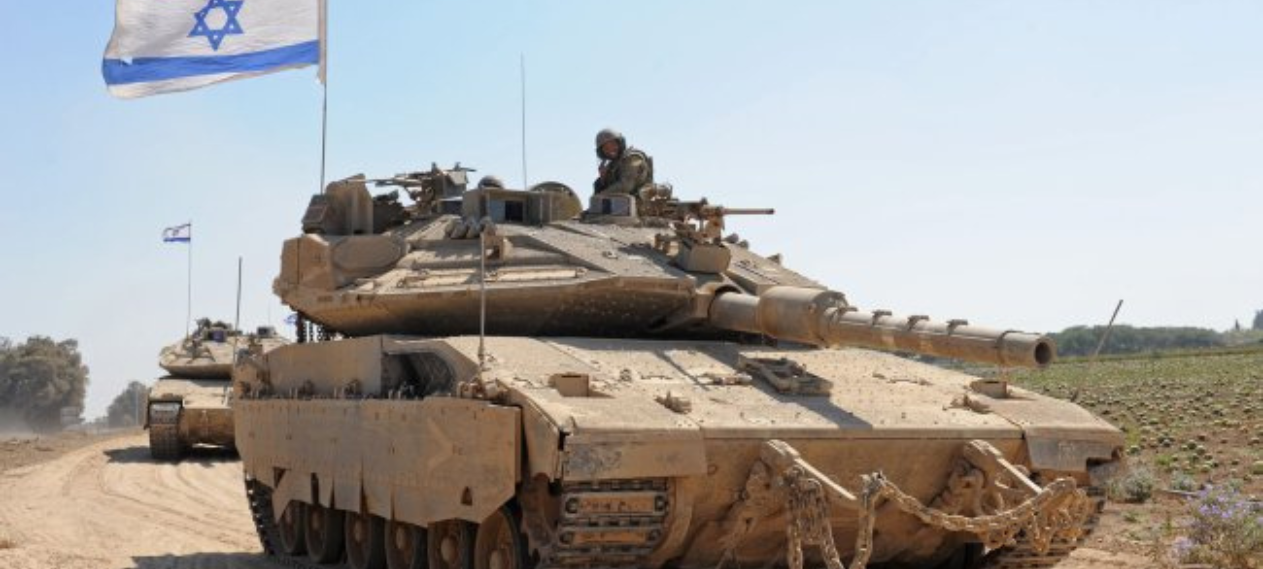Despite an injunction from the International Court of Justice to cease its strikes on the city, where many Palestinians had sought shelter from extensive shelling, Israel sent its tanks into the heart of Rafah for the first time on Tuesday.
The strongest supporter of Israel, the United States, reaffirmed on Tuesday that it opposes a significant ground offensive by Israel in Rafah but that it does not think such an operation is underway.
Residents of Rafah reported on Wednesday that, in contrast to offensives elsewhere, Israeli tanks had advanced into Tel Al-Sultan in western Rafah, Yibna, and close to Shaboura in the centre before pulling back towards a buffer zone on the border with Egypt.
According to Tzachi Hanegbi, national security advisor to Prime Minister Benjamin Netanyahu, Israel’s military commanded seventy-five percent of the buffer zone and intended to seize control of it entirely to thwart Hamas’s attempts to smuggle weapons in.
He expressed his expectation that the conflict in Gaza would last at least until 2024, indicating that Israel was not prepared to comply with international demands for a ceasefire with the Hamas terrorists in control of Gaza and the exchange of their hostages for Palestinian inmates.
The rebels from Islamic Jihad, an ally of Hamas, claimed to have used mortar bombs and anti-tank rockets to repel the invading forces, as well as detonating explosives that had been put beforehand.
Without providing further details, the Israeli military said that three soldiers were killed and three others were seriously injured in fighting in southern Gaza. According to Israel’s public radio station Kan radio, they were injured when an explosive device detonated in a Rafah building.
Palestinian health officials reported that Israeli fire in eastern Rafah injured multiple individuals and put aid storage facilities on fire. Locals reported that numerous homes in the region were damaged by Israel’s midnight shelling, from which the majority of inhabitants had evacuated after orders from Israel.
In certain parts of the city, some locals claimed to have witnessed autonomous robotic armoured vehicles firing machine guns.
Read more: Israel Deadly Attacks on Gaza Rafah
According to the pro-Hamas Shehab news agency, locals and other journalists, there was intense Israeli air and ground shelling causing internet and cellphone communications to go down in some areas of both the east and west. The Israeli military stated that it was unable to verify the information.
Large residential districts were reportedly demolished in Jabalia, the largest of the enclave’s eight largest historic refugee camps, as soldiers advanced deeper into the camp while tanks blasted many neighbourhoods in Gaza City.

